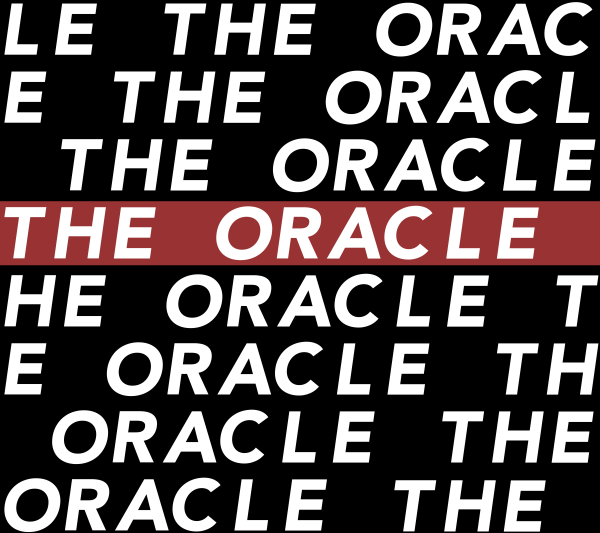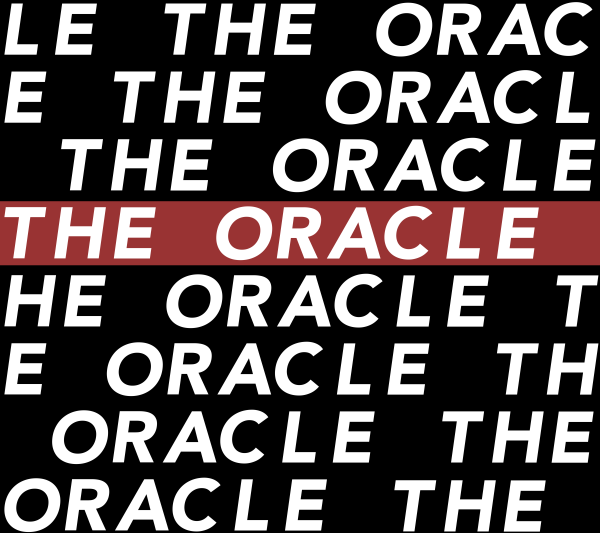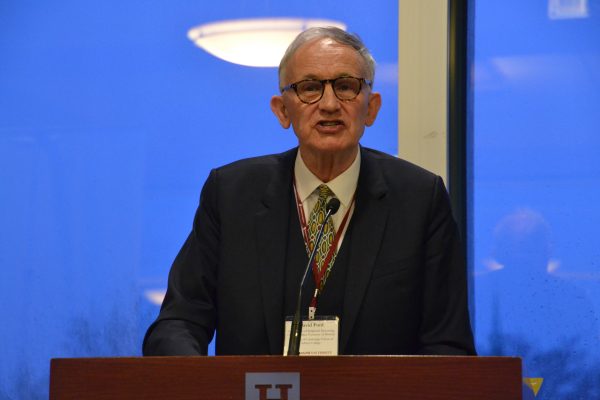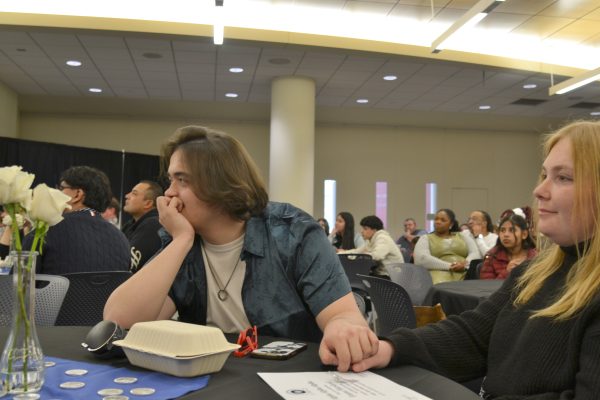A Polemic against Paperbacks
One FYSem acknowledges Banned Books Week.
What do the Harry Potter series, the play Spring Awakening and the dystopian classic Brave New World have in common? They have all been challenged, censored and removed from libraries after various groups, often religious in nature, objected to their presence due to numerous controversial themes found in the works, including but not limited to satanic images, sexually explicit content, vulgar language and contempt for traditional values.
According to the Banned Books Week Coalition’s website, the debate surrounding the censorship of literature became so prominent that in 1982, Banned Books Week was organized.
“[Banned Books Week was] in response to a sudden surge of the number of challenges to books in schools, bookstores and libraries.”
Although more than 30 years have passed since the event’s inception, recent challenges to modern young adult favorites such as Eleanor & Park and Looking for Alaska show that its message is still relevant today- so naturally, Professor David Schultz wanted to explore it with his Speech, Censorship, Toleration and Bigotry FYSem.
“[The main purpose is] to review classic arguments in favor of free speech and toleration and to look at the controversies regarding those issues,” Schultz said.
Schultz cited flag burnings and student protests of contentious campus speakers as current examples of such dilemmas, and while those issues have gained recent prominence in the wake of President Donald Trump’s election, the debate over banned books is evergreen.
To commemorate Banned Books Week, all 18 students enrolled in the FYSem read a passage from a restricted tome of their preference and gave the reasons why their choice had been challenged.
“The book they pick says something about who they are,” Schultz said.
Selections ranged from the adolescent classic Are You There, God? It’s Me, Margaret (banned for themes of puberty and religion) to the horror novel Carrie (banned for descriptions of bullying, sex and satanic killing) to the English-class staple To Kill a Mockingbird (banned for racism). The students’ discussion, however, ended up going in a much deeper direction after one girl read from Black Like Me, the 1961 memoir of a white journalist who chemically darkened his skin in order to pose as black and took a journey through the heavily-segregated South in order to gain further understanding of the discrimination faced by African-Americans. While students agreed that he had good intentions, they condemned the choice to alter his appearance as blackface and said that while it was not necessarily an act of racism, it was certainly an act of ignorance.
“I feel like he was trying to be an ally, but white people know how other white people operate, so they should focus on trying to change other white people’s attitudes rather than trying to pose as black,” one student offered.
Professor Schultz appreciated and agreed with the points laid out by his students about the project’s flaws.
“Just about every book in society has something objectionable in it. If we let every controversial book be banned, we wouldn’t have any books,” Schultz said.





